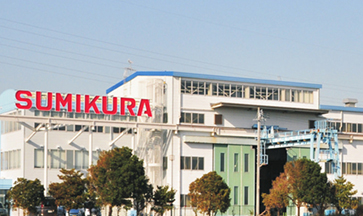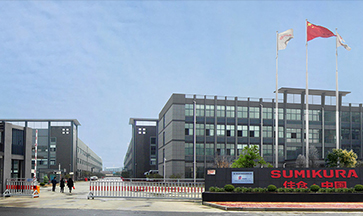In 2025, the demand for high-efficiency, precisely slit electrical steels is pushing the evolution of slitting line technologies. E-steel slitting lines capable of handling CRGO / CRNGO coils (cold‐rolled grain oriented / non-grain oriented silicon steel) are becoming central in transformer, motor, and power equipment supply chains. Modern lines—with widths of 400–1,250 mm, strip counts up to 40, and speeds to 300 m/min—are unlocking productivity gains, higher quality, and lower waste.
This article examines the market drivers, technical trends, and competitive moves shaping the next wave of adoption for electrical steel slitting lines.
The global electrical steel market was estimated at USD 28.53 billion in 2023, and is projected to reach ~USD 39.56 billion by 2030 (CAGR ~4.7 %)
Within that, the grain oriented electrical steel sub-market is forecasted to grow from about USD 13.11 billion in 2024 to USD 20.48 billion by 2032 (CAGR ~5.7 %)
Those growth trends are powered by expansion in power grids, renewable energy integration, EVs, and industrial electrification.
As electrical steel demand rises, so does the need for precision slitting lines that can deliver tight width tolerances, minimal edge damage, and high throughput.
The global slitting line market is estimated at USD 1.2 billion in 2024, and forecast to reach USD 1.8 billion by 2033, growing at ~5.0 % CAGR.
Some reports suggest a slightly more aggressive trajectory: e.g. growth at 5.8 % annually to ~USD 3.25 billion by 2033
This growth is driven by modernization of metal processing plants, automation trends, and the push for material yield and quality.
These numbers underscore that investment in advanced slitting lines is not niche — it’s a strategic enabler for electrical steel suppliers and end users.
Given your specs (width 400–1,250 mm, strip count up to 40, thickness 0.1–0.5 mm, speed to 300 m/min, tension control by belt bridle), here are the major features and advantages pushing buyer interest:
Electrical steels like CRGO/CRNGO demand tight tolerances and minimal burrs or edge deformation, since edge defects can increase core losses in transformers or motors. Advanced slitting lines incorporate knife materials, high stiffness frames, and precise tension control using belt bridle systems to preserve magnetic performance.
To maximize output, lines are built to slit many strips per coil (e.g. up to 40). Achieving this while preserving flatness and alignment demands high mechanical rigidity, synchronized drive systems, and smart strip separation.
Belt bridle systems (as opposed to roller bridle) offer smoother tension adjustment and reduced damage on thin, sensitive sheets. Proper tension control is critical, especially at high speeds, to avoid flutter, edge distortion, or zigzagging of strips.
Speeds up to 300 m/min require dynamic control of unwinding, looping, decoupling zones, and recoiling. Intelligent control systems monitor strip elongation and adjust speed in real time.
Next-generation lines embed sensors, feedback loops, and diagnostics to allow:
Automatic knife gap setting
Fault detection (e.g. strip break, overload)
Predictive maintenance
Integration with factory MES/SCADA
These features reduce setup time, scrap, and unscheduled downtime.
Your thickness range of 0.1–0.5 mm is demanding. Modern slitting lines are engineered to handle very thin gauges reliably while preserving flatness and magnetic quality.
thyssenkrupp Steel (Italy) commissioned a new slitting line at Motta Visconti to boost electrical steel throughput and efficiency.
Fagor Arrasate is supplying multiple fully automated slitting lines to steel producers, emphasizing advanced automation in coil processing.
MetalCenterNews / Red Dot reported a new slitting line order with capacity for 0.024-inch thickness and heavy coil loading.
Venture Steel expanded with a high-production slitting line capable of heavy gauge coils at high speed—though not focused on electrical steel, it signals continued investment in slitting infrastructure.
These moves validate that manufacturers and steel service centers are hungry for upgrade; electrical steel processors are prime candidates for next wave adoption.

Seus especialistas em linha de corte!
 Fábrica no Japão
Fábrica no Japão
ENDEREÇO
487-3, Sanshincho, Chuoku, Hamamatsu, Shizuoka, Japão
 Mercado local de Japão:+81 53-425-5331
Mercado local de Japão:+81 53-425-5331
 Fábrica na China
Fábrica na China
ENDEREÇO
265 Yixian Road, Deqing, Zhejiang, China
 Mercado externo:+86 572-883-2016
Mercado externo:+86 572-883-2016